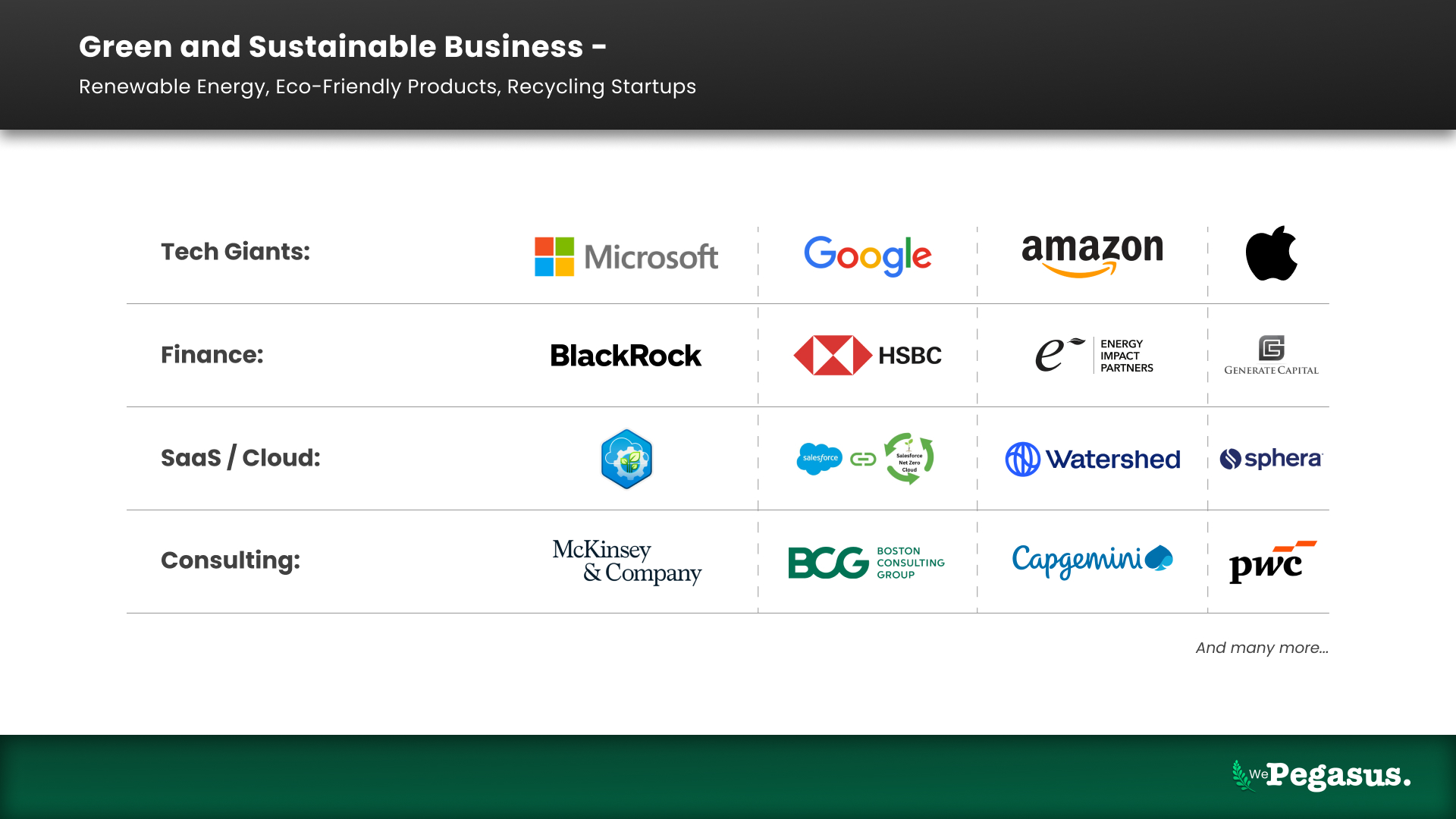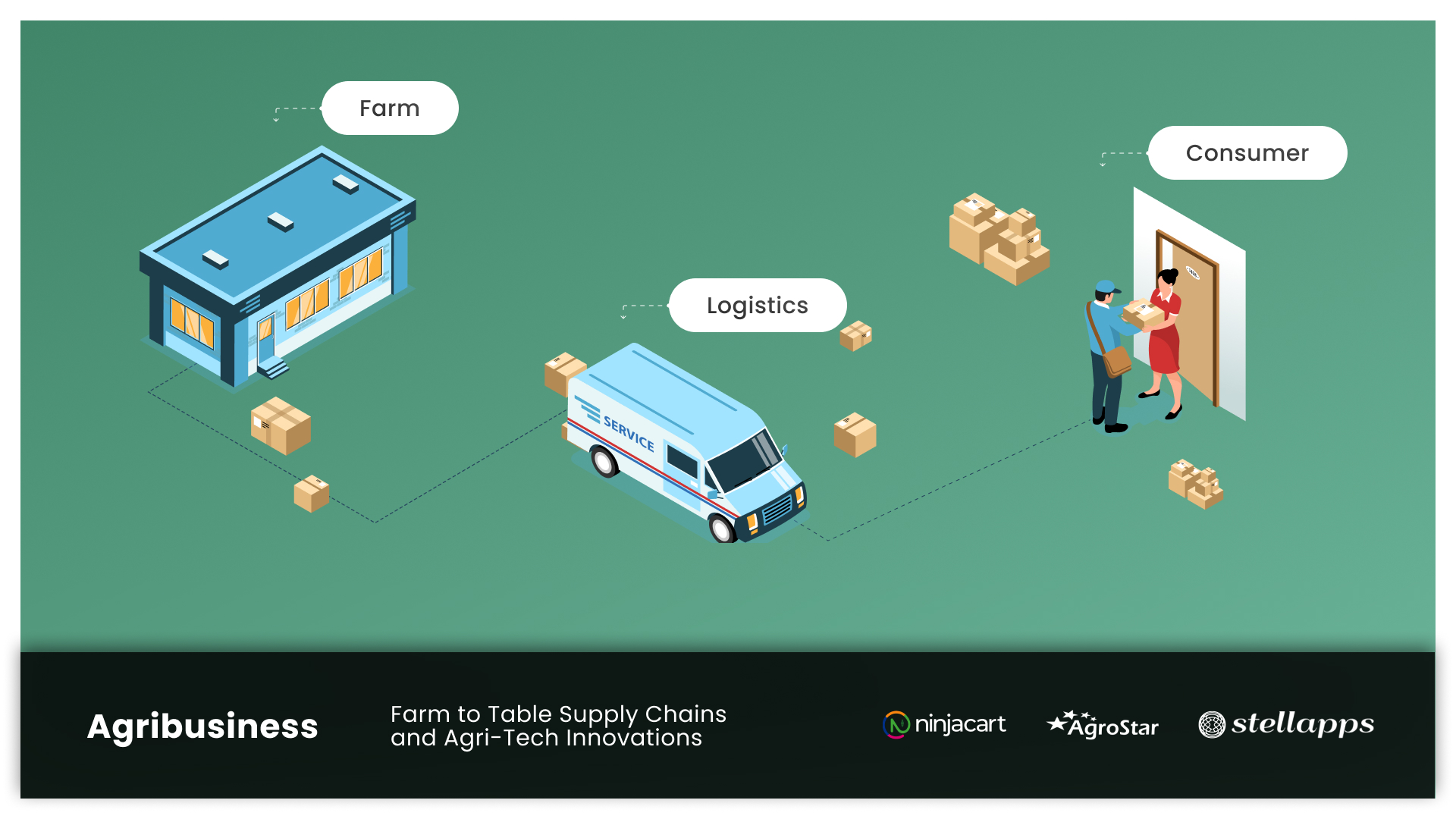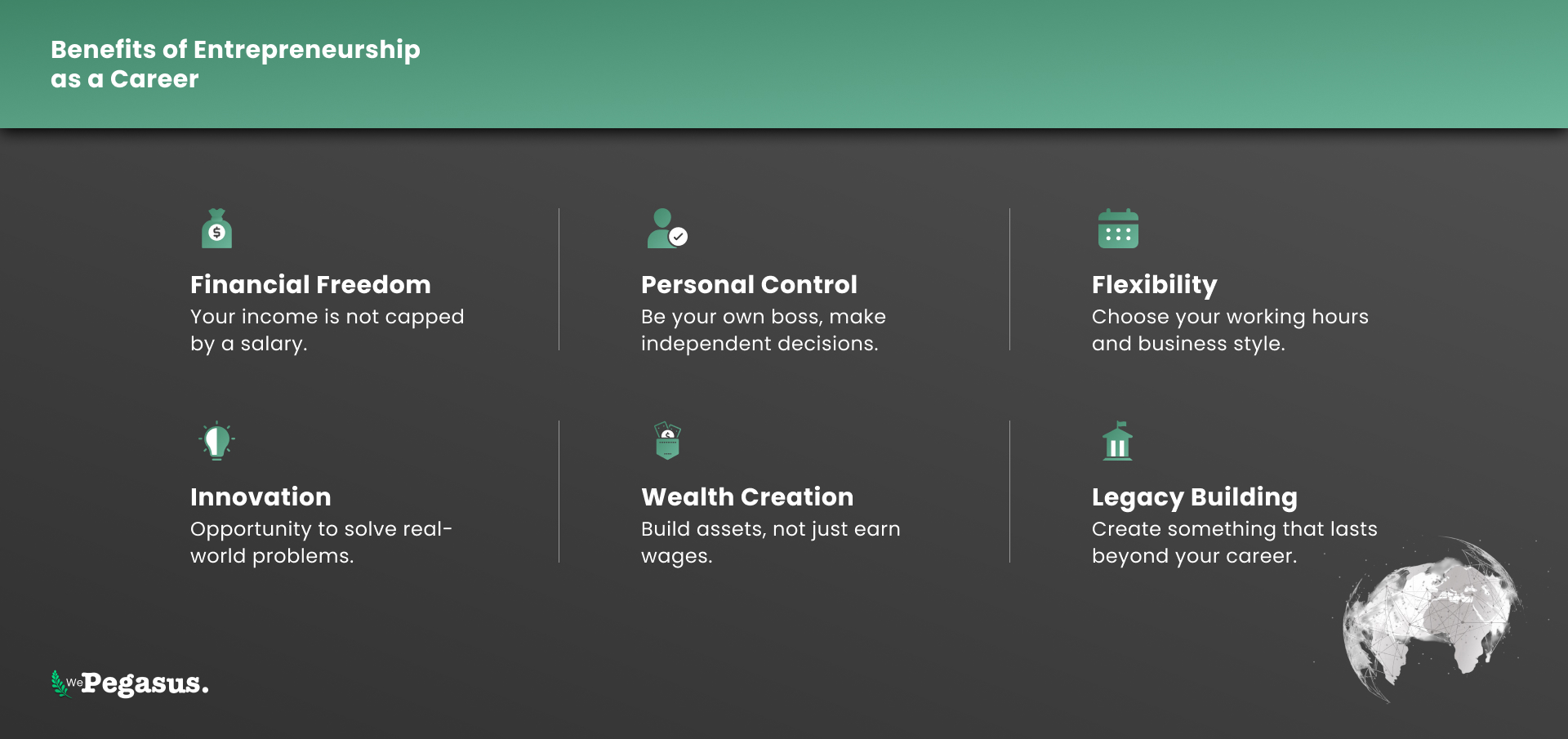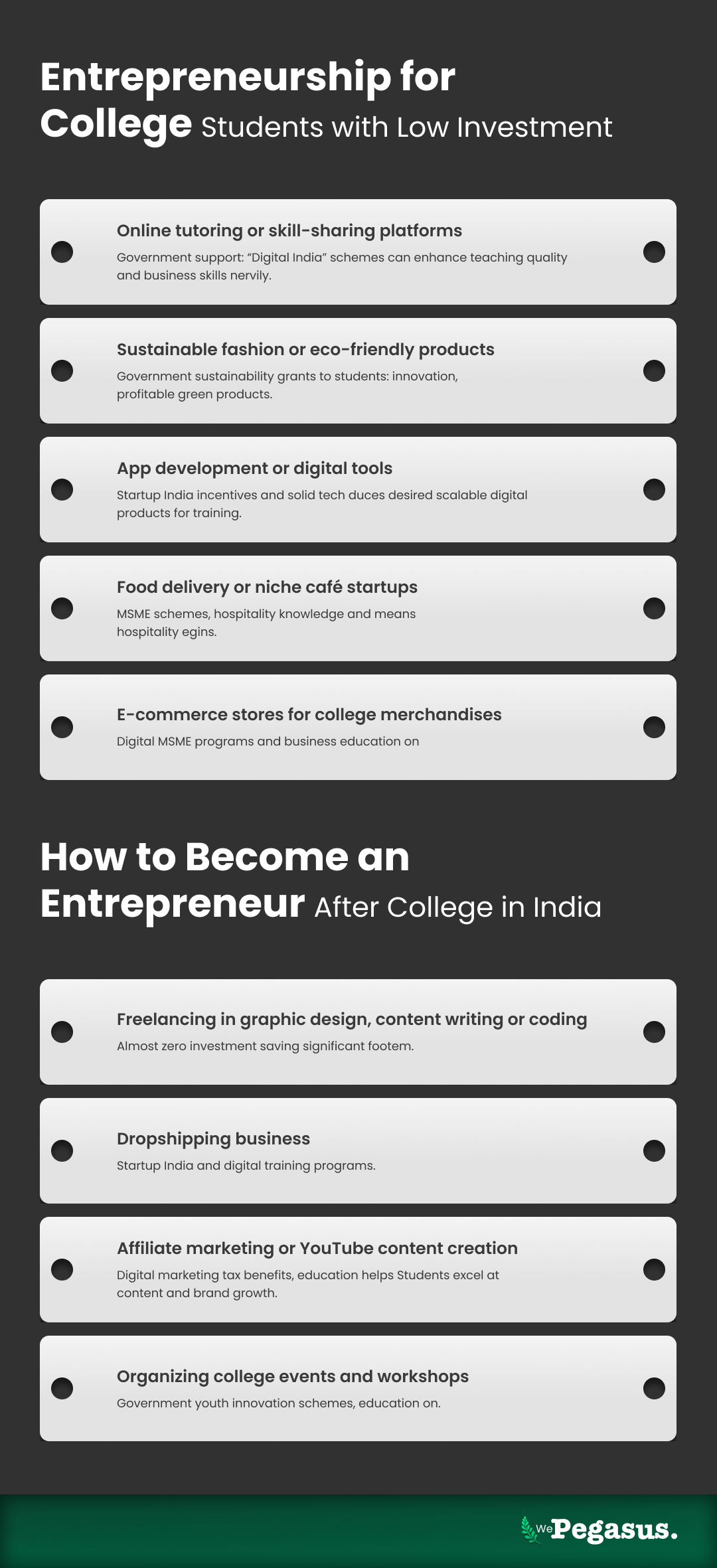Entrepreneurship as a career in India has evolved from being a high-risk gamble to a respected and aspirational choice. With the rise of the startup ecosystem, government initiatives, and digital technologies, more young people and working professionals are considering entrepreneurship instead of traditional jobs. But is entrepreneurship a good career option in India? What are the benefits, risks, and opportunities? How does it compare with a stable job?
This comprehensive guide answers all these questions while exploring career opportunities in entrepreneurship, practical steps to start a business, and why this career path could be the turning point for your personal and professional life.
What Does Entrepreneurship as a Career Mean?
Entrepreneurship as a career means building and managing your own business rather than working as an employee for someone else. Entrepreneurs identify problems, create innovative solutions, and take calculated risks to deliver value to society while generating profits.
In India, entrepreneurship has gained momentum with the success stories of startups like Flipkart, Zomato, Ola, and Paytm. These examples prove that with the right idea and execution, entrepreneurship can offer limitless growth opportunities.
1. Tech Startups – Apps, SaaS Platforms, and AI-based Businesses

If there is one space where dreams meet innovation in India, it’s tech startups. This is the heartbeat of modern entrepreneurship as a career in India, where young minds are building apps, SaaS platforms, and AI-powered solutions that touch millions of lives every day. The beauty of tech entrepreneurship is that it doesn’t require a large office or factory—just a powerful idea, determination, and the courage to execute it.
From mobile apps that connect rural artisans to global buyers, to AI-based platforms predicting crop yields for farmers, the opportunities are endless. SaaS businesses are simplifying operations for small businesses, making technology accessible even to those with minimal technical knowledge.
What makes this sector truly hopeful is its scalability. With India’s booming digital ecosystem, a small college project today could grow into tomorrow’s unicorn. And with startup funding for Indian entrepreneurs more accessible than ever, tech startups symbolize not just profits, but the power to create lasting impact. If you’re driven by curiosity and passion, this is one of the most empowering career opportunities in entrepreneurship today.
Examples:
- Zoho (SaaS): Competing with global giants like Salesforce.
- Freshworks (AI + SaaS): India’s first SaaS unicorn to list on NASDAQ.
- CRED (App): Rewards-based credit card bill payment platform.
2. E-commerce Ventures – Online Retail, D2C Brands, Niche Marketplaces

E-commerce has unlocked a new era of possibility for Indian entrepreneurs. It proves that a student in a small town or a professional in a metro city can both create thriving businesses with just a laptop and vision. Choosing e-commerce entrepreneurship in India means tapping into a market where millions of people are already shopping online every day.
What’s inspiring about this field is its inclusivity. Whether you want to sell regional handicrafts, organic products, or run a D2C skincare brand, e-commerce gives you the freedom to connect directly with customers without middlemen. Entrepreneurs here are not just selling products; they are telling stories, building communities, and creating brands that people trust.
For freshers, models like dropshipping or reselling are perfect low investment entrepreneurship opportunities. For professionals, D2C brands and niche marketplaces offer the thrill of building something scalable and impactful. With digital tools, logistics partners, and government support for digital businesses, e-commerce stands as a shining example of the benefits of entrepreneurship as a career—limitless reach, financial independence, and the joy of creating something from scratch.
Example
- Nykaa: A beauty and lifestyle D2C giant.
- Lenskart: Direct-to-consumer eyewear innovator.
- Meesho: A social-commerce platform empowering small sellers.
3. Healthcare and Biotech – Affordable Diagnostics, Telemedicine, Health-tech >

Few paths in entrepreneurship as a career in India are as meaningful and transformative as healthcare and biotech. Imagine building a business that not only grows financially but also saves lives and improves well-being. This sector offers that rare combination of profit and purpose.
India’s healthcare gaps, especially in rural areas, create vast opportunities for entrepreneurs. Startups are rising with telemedicine platforms connecting patients to doctors, AI-based health diagnostics that detect illnesses early, and affordable biotech innovations like low-cost genetic tests. Entrepreneurs here are proving that technology and compassion together can revolutionize healthcare access.
The government is also extending strong support, with schemes and incentives designed to encourage healthcare startups. For students from biotech or engineering backgrounds, and professionals from pharma or IT, this field is fertile ground for innovation.
The conviction lies in knowing that entrepreneurship in healthcare is not just about making money—it is about shaping healthier futures. If your dream is to create meaningful change, healthcare entrepreneurship gives you the power to touch millions of lives while building a rewarding career.
4. Green and Sustainable Businesses – Renewable Energy, Eco-friendly Products, Recycling Startups

The future belongs to those who build it sustainably, and green entrepreneurship in India is leading the way. Rising awareness about climate change and eco-friendly living is inspiring entrepreneurs to create businesses that care for the planet while generating profit.
From solar energy companies powering villages to startups recycling plastic into building materials, these ventures are symbols of hope for a greener tomorrow. Eco-friendly products like biodegradable packaging or organic fashion are not just trends—they are becoming necessities as consumers increasingly demand sustainable choices.
What adds conviction to this sector is strong government backing with schemes for renewable energy and green startups, alongside global investors eager to fund eco-conscious businesses. Students can start small with sustainable lifestyle products, while professionals can dive into large-scale renewable energy projects.
Choosing this path means contributing to something far larger than yourself—protecting the Earth for generations to come. Among all career opportunities in entrepreneurship, sustainability stands out as the one that combines purpose, profitability, and long-term global impact.
Example
- ReNew Power: A leading renewable energy startup.
- Phool.co: Recycling temple flowers into incense and biodegradable products.
- Ather Energy: Electric scooter innovator.
5. Agribusiness – Farm-to-Table Supply Chains and Agri-tech Innovations

Agriculture has always been India’s backbone, but today it is also a land of new opportunity for entrepreneurs. Agribusiness entrepreneurship in India is bringing hope to millions of farmers while creating exciting ventures for the next generation.
Farm-to-table startups are giving consumers fresh, healthy food while ensuring farmers get fair pay. Agri-tech innovations like AI-based crop monitoring, drone spraying, and smart irrigation are transforming farming into a tech-enabled profession. Entrepreneurs are also creating cold-chain logistics, organic farming models, and export-oriented agribusinesses that expand India’s global footprint.
The conviction here lies in its dual benefit—you are not only building a profitable venture but also solving food security challenges and uplifting rural communities. Supported by government initiatives like eNAM and crop insurance schemes, agribusiness offers a clear path for students from rural areas and professionals with technical expertise to make a lasting difference.
If you believe in meaningful entrepreneurship, agribusiness is not just a career—it is a mission that feeds the future while ensuring prosperity.
Example
- Ninjacart: Connecting farmers directly to retailers.
- AgroStar: Digital platform for agricultural products and advice.
- Stellapps: Smart dairy supply chain solutions.
6. Creative Industries – Digital Marketing, Content Creation, and Design Startups
The creative industries are proof that passion can become a profession. In today’s digital-first world, creativity is no longer confined to hobbies; it is one of the fastest-growing career opportunities in entrepreneurship in India.
From digital marketing agencies helping small businesses grow online, to YouTube creators building million-dollar brands, the creative sector rewards imagination and originality. Startups focusing on content creation, design, and branding are in high demand as businesses recognize the value of storytelling and visual identity.
What makes this sector especially hopeful is accessibility. For students, it represents entrepreneurship opportunities with low investment—a camera, a laptop, and creativity are enough to get started. For professionals, it offers the chance to break free from rigid job structures and channel their skills into building independent agencies or studios.
With global audiences reachable through social media, the potential here is limitless. The conviction lies in knowing that with creativity, consistency, and courage, you can transform your ideas into influential businesses that inspire and influence millions.
Example
- The Viral Fever (TVF): A digital content startup.
- WhiteHat Jr.: Blending creativity and coding for students.
- The Glitch: Digital marketing and branding agency.
Entrepreneurship vs Job: Which is Better?
One of the most common debates is entrepreneurship vs job. Many students and professionals struggle to decide whether to choose stability or freedom. Let’s break it down.
| Factor | Job (Employment) | Entrepreneurship |
| Income | Fixed monthly salary | Variable but potentially unlimited |
| Risk | Low (employer takes the risk) | High (you take financial and market risks) |
| Decision-making | Limited autonomy | Full control |
| Learning | Industry-specific, often repetitive | Multidisciplinary, continuous learning |
| Growth | Slow and hierarchical | Fast but uncertain |
| Security | Job security with benefits | No guaranteed security, but high potential |
| Impact | Contributes to company goals | Direct impact on society and economy |
Comparison Table: Job vs. EntrepreneurshipWhy Should I Choose Entrepreneurship Over a Job?

Here are the benefits of entrepreneurship as a career compared to a job:
- Financial Freedom – Your income is not capped by a salary.
- Personal Control – Be your own boss, make independent decisions.
- Flexibility – Choose your working hours and business style.
- Innovation – Opportunity to solve real-world problems.
- Wealth Creation – Build assets, not just earn wages.
- Legacy Building – Create something that lasts beyond your career.
What Are the Risks of Becoming an Entrepreneur?
While entrepreneurship offers great rewards, it comes with risks:
- Financial Risk – You may lose your investment if the business fails.
- Work-Life Balance – Long working hours and high pressure.
- Market Uncertainty – Customer demand and competition can change suddenly.
- Skill Gaps – Requires knowledge in finance, marketing, operations, etc.
- Mental Stress – Responsibility and failure can affect emotional health.
Is Entrepreneurship a Good Career Option in India?

Yes, entrepreneurship is a good career option in India, especially because:
- Government Support – Initiatives like Startup India, Atal Innovation Mission, and Make in India.
- Youth Demographics – India has the world’s largest young population eager to innovate.
- Digital Ecosystem – Affordable internet, digital payments, and e-commerce growth.
- Funding Opportunities – Angel investors, venture capital, and government grants.
- Global Market Access – Indian entrepreneurs are increasingly competing globally.
Entrepreneurship Opportunities for Students in India
Many students wonder whether they should wait for work experience before starting a business. The truth is, student entrepreneurship is booming in India.
Startup Ideas for Students in India
- Online tutoring or skill-sharing platforms
Student entrepreneurship in India thrives with tutoring apps. With government support like Digital India schemes, students gain funding while education helps sharpen teaching quality and business skills. - Sustainable fashion or eco-friendly products
Launching eco-friendly startups in India allows students to benefit from government sustainability grants. Strong education equips them to design innovative, profitable green products. - App development or digital tools
Student entrepreneurs in app development benefit from Startup India incentives. A solid tech education sharpens coding, enabling scalable digital products that solve local challenges. - Food delivery or niche café startups
Food startups attract MSME schemes in India. Entrepreneurial students use hospitality knowledge to innovate menus, improve customer experiences, and achieve business growth early. - E-commerce stores for college merchandise
Selling merchandise online empowers students under Digital MSME programs. Business education enhances marketing skills, making these ventures profitable and easy to scale.

Entrepreneurship for College Students with Low Investment
- Freelancing in graphic design, content writing, or coding
Freelancing supports entrepreneurship with almost zero investment. Education enhances technical skills, while government platforms like Skill India provide visibility and career-building support. - Dropshipping business
Dropshipping startups in India need low capital. Startup India and digital training programs help students manage logistics while education strengthens business planning and strategy. - Affiliate marketing or YouTube content creation
Creative entrepreneurship in India grows fast with Digital India tax benefits. Strong communication education helps students excel at content, brand growth, and passive income streams. - Organizing college events and workshops
Government youth innovation schemes back event startups. Education in management and leadership enables students to design profitable workshops, gaining entrepreneurial confidence and financial independence.
How to Become an Entrepreneur After College in India
- Start with internships to learn industry basics
Post-college entrepreneurship in India is stronger with internships. Education and Startup India learning modules guide students to build domain expertise. - Research gaps in the market
Students can analyze unmet needs in India’s growing economy. Education strengthens research skills, while government reports provide insights for profitable startup opportunities. - Partner with like-minded peers
Collaboration supported by Startup India’s networking platforms empowers students to share risks. Education nurtures teamwork and critical thinking, helping ideas transform into thriving ventures. - Explore incubators and startup accelerators
India’s government-backed incubators offer funding, mentorship, and exposure. Students with strong education can refine ideas, validate business models, and scale faster.
Entrepreneurship for Working Professionals
Professionals with years of job experience often ask: how to switch from a job to entrepreneurship in India?
- Save enough financial buffer before quitting.
- Start your venture part-time while working.
- Use your professional network for early clients.
- Leverage industry expertise to solve sector-specific problems.
Entrepreneurship vs Job Security:
- Jobs provide stability but limited growth.
- Entrepreneurship is risky but offers independence and financial upside.
- Many professionals now prefer calculated risk-taking over job stagnation.
Practical Guide: How to Start a Business in India
If you’re ready to begin, here are the steps to start a business in India for beginners:
- Find an Idea – Identify a problem and design a solution.
- Market Research – Analyze competitors and customer needs.
- Business Plan – Draft a roadmap for operations, finances, and growth.
- Legal Registration – Register as LLP, Pvt Ltd, or sole proprietorship.
- Funding – Explore savings, angel investors, or startup funding options.
- Build a Team – Hire people who complement your skills.
- Launch and Market – Use digital platforms, social media, and offline promotions.
- Scale Up – Reinvent and expand based on customer feedback.
Government Schemes for Startups in India
The Indian government provides several schemes to encourage entrepreneurship:
Startup India Initiative: The Startup India Initiative supports entrepreneurship as a career in India with tax exemptions, incubation centers, and funding. It encourages innovation-driven businesses, helping entrepreneurs scale ideas into profitable, job-creating enterprises.
MUDRA Loans: MUDRA Loans provide affordable credit for micro, small, and medium entrepreneurs in India. These loans empower student entrepreneurs, small traders, and first-time founders to start businesses with low investment and financial security.
Stand-Up India: The Stand-Up India scheme promotes inclusive entrepreneurship by financing SC/ST and women entrepreneurs. It supports startups in India with loans for manufacturing, trading, and services, reducing entry barriers and encouraging diversity in business.
SIDBI Funds of Funds
The SIDBI Funds of Funds strengthens entrepreneurship in India by offering venture capital to startups. It funds innovative businesses, supports risk-taking entrepreneurs, and ensures long-term growth opportunities in technology, agribusiness, and sustainable industries.
Startup Funding for Indian Entrepreneurs
Raising money is one of the biggest hurdles for new entrepreneurs. Funding options include:
- Bootstrapping – Self-funding or family support.
- Angel Investors – Wealthy individuals investing in early-stage startups.
- Venture Capitalists – Institutional investors for high-growth startups.
- Bank Loans – Traditional but require creditworthiness.
- Government Grants – Subsidies, seed funds, and incubation support.
How Can I Find a Business Idea in India?
If you’re struggling with ideas, here’s how:
- Research Local Problems – What challenges do people face in your community?
- Leverage Your Skills – Convert your expertise into a service/product.
- Follow Trends – E-commerce, fintech, sustainability, and health-tech are booming.
- Look Abroad – Adapt successful international models to India.
FAQs About Entrepreneurship as a Career in India
Q1. Why is entrepreneurship important for India’s economy?
Because it creates jobs, drives innovation, and attracts investment.
Q2. Can entrepreneurship be learned?
Yes. While risk-taking is personal, skills like finance, leadership, and marketing can be learned.
Q3. Do I need a lot of money to start a business in India?
Not always. Many digital businesses can be started with low investment.
Q4. Is entrepreneurship only for tech-savvy people?
No. It’s about problem-solving—whether in farming, fashion, food, or technology.
Conclusion: Is Entrepreneurship Worth It?
Entrepreneurship as a career in India is not just about starting a business—it’s about creating value, gaining independence, and leaving a legacy. Whether you’re a student with small startup ideas, a professional considering the leap from job to entrepreneurship, or a beginner wondering how to start a business in India, the opportunities are endless.
Yes, there are risks. But with government support, funding options, and a growing market, the benefits of entrepreneurship as a career far outweigh the drawbacks.
If you’re asking yourself, “Is entrepreneurship a good career option in India?”—the answer is YES. Provided you’re ready to learn, adapt, and persevere, entrepreneurship could be the most rewarding career journey of your life.
SOURCES:
- Startup India – Government of India Initiative https://www.startupindia.gov.in Official government portal for startup registration, funding, and learning resources.
- Atal Innovation Mission – NITI Aayog https://aim.gov.in National platform fostering innovation, entrepreneurship, and startup incubation across India.
- MSME Ministry – Schemes for Entrepreneurs https://msme.gov.in Comprehensive list of government schemes for micro, small, and medium enterprises.
- SIDBI Funds of Funds for Startups https://www.sidbi.in/en/schemes/fund-funds-startups Provides venture capital support and funding access to Indian entrepreneurs.
- Invest India – Startup & Innovation Section https://www.investindia.gov.in/sector/startup Official investment promotion portal with startup policies, case studies, and insights.
- NASSCOM 10,000 Startups Program https://10000startups.com India’s largest tech startup incubator supporting SaaS, AI, and innovation-led ventures.
- YourStory – Indian Startup News & Success Stories https://yourstory.com Media platform covering startup stories, founder journeys, and entrepreneurial trends.
- Entrepreneur India – Guides & Industry Insights https://www.entrepreneur.com/in Global publication offering insights into Indian entrepreneurship, leadership, and business growth.
- Economic Times Startup Section https://economictimes.indiatimes.com/small-biz/startups Covers the latest developments, funding news, and ecosystem updates in India’s startup space.
- Global Innovation Index (WIPO) https://www.wipo.int/global_innovation_index/en/ Annual ranking that highlights India’s performance and global standing in innovation and entrepreneurship.
| # | Source | URL |
|---|---|---|
| 1 | Startup India (Govt. of India) | https://www.startupindia.gov.in |
| 2 | Atal Innovation Mission – NITI Aayog | https://aim.gov.in |
| 3 | MSME Schemes for Entrepreneurs | https://msme.gov.in |
| 4 | SIDBI Fund of Funds for Startups | https://www.sidbi.in/en/schemes/fund-funds-startups |
| 5 | Invest India – Startup & Innovation | https://www.investindia.gov.in/sector/startup |
| 6 | NASSCOM 10,000 Startups | https://10000startups.com |
| 7 | YourStory – Indian Startup News | https://yourstory.com |
| 8 | Entrepreneur India | https://www.entrepreneur.com/in |
| 9 | Economic Times Startup Section | https://economictimes.indiatimes.com/small-biz/startups |
| 10 | Global Innovation Index (WIPO) | https://www.wipo.int/global_innovation_index/en/ |


